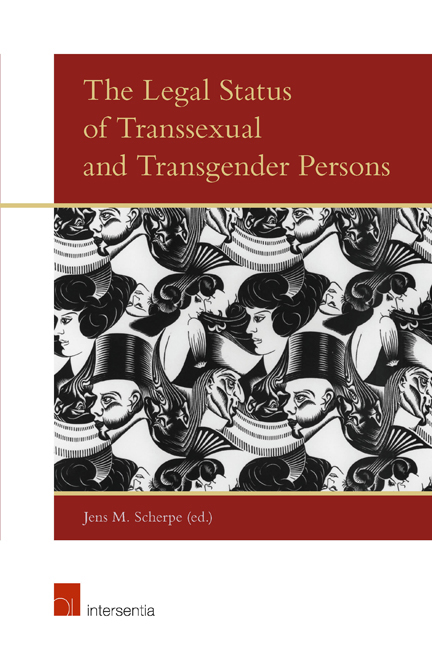Book contents
- Frontmatter
- Dedication
- Preface
- Contents
- List of Contributors
- Introduction
- PART I MEDICAL/PSYCHOLOGICAL VIEWS
- PART II CHRISTIAN VIEWS
- PART III LEGAL VIEWS
- Europe
- Belgium and the Netherlands
- Czech Republic
- Denmark
- England and Wales
- Germany
- Ireland
- Italy
- Spain
- Sweden
- Turkey
- Asia
- Australia and New Zealand
- North and South America
- PART IV CONCLUSION
Sweden
from Europe
Published online by Cambridge University Press: 28 November 2017
- Frontmatter
- Dedication
- Preface
- Contents
- List of Contributors
- Introduction
- PART I MEDICAL/PSYCHOLOGICAL VIEWS
- PART II CHRISTIAN VIEWS
- PART III LEGAL VIEWS
- Europe
- Belgium and the Netherlands
- Czech Republic
- Denmark
- England and Wales
- Germany
- Ireland
- Italy
- Spain
- Sweden
- Turkey
- Asia
- Australia and New Zealand
- North and South America
- PART IV CONCLUSION
Summary
LEGAL FRAMEWORK AND STATISTICS
OVERVIEW
In 1972, Sweden became the first country in the world to enact a national legislative scheme for changes of registered gender and legal gender status. The Gender Classification Act was also the first law of its kind to establish national rules for such changes for children with atypical sex development. On the surface, the current Act appears to be much the same statute today as it was when it came into force. The criteria for changes of registered gender under the current law, as well as the provisions for governance of medical care, are strikingly similar to those in use for the last four decades. In 2012, however, the government began a series of reforms that recently culminated in a sweeping proposal to radically overhaul the Act – not only in its regulatory aims, but at its very conceptual foundations – recognising gender identity as a human right, rather than a medical condition or registered identity that would warrant only strictly controlled changes as a matter of law. Even without these reforms, a comparison of the current Act to the original law underscores subtle, recent changes that resonate with substantive distinctions, influenced by the European Convention of Human Rights (ECHR), the Yogyakarta Principles, and the Convention on the Rights of the Child. If the proposed reforms take effect on schedule in 2016, this chapter may quickly become a mere historical chronicle of how one influential nation reconsidered its approach to conferring benefits and imposing hardships on transgender people, with the relative successes and failures of its legal scheme perhaps best measured by those whose lives are most directly affected by it.
At its inception, the Gender Classification Act integrated changes of registered gender with medical care. In part, this grew out of Sweden's universal health care system, which covers most of the costs of diagnosis and basic treatment associated with gender identity distress (clinically known as dysphoria). As early as 1968, the government recognised that much of this stress arose, in fact, from incorrect legal registrations assigned at birth. Thus, treatment for such stress was also ratified as standard care in the Act, which gives the National Board of Health and Welfare the authority to approve all genital and gonadal surgery connected with any application for a registered gender change, as well as the hospitals where certain procedures take place.
- Type
- Chapter
- Information
- The Legal Status of Transsexual and Transgender Persons , pp. 281 - 312Publisher: IntersentiaPrint publication year: 2015



